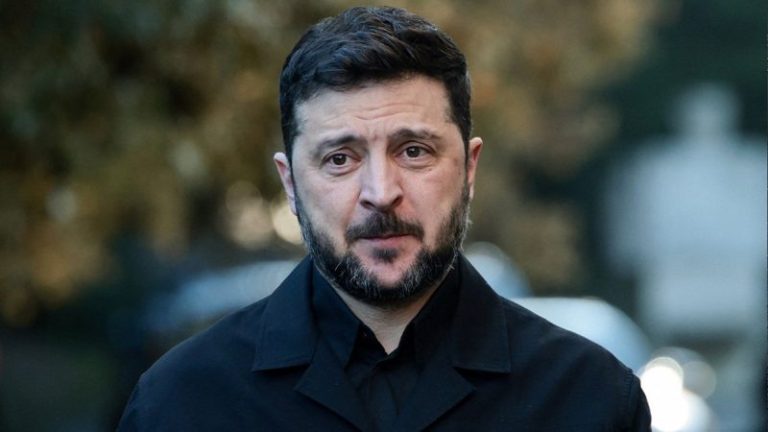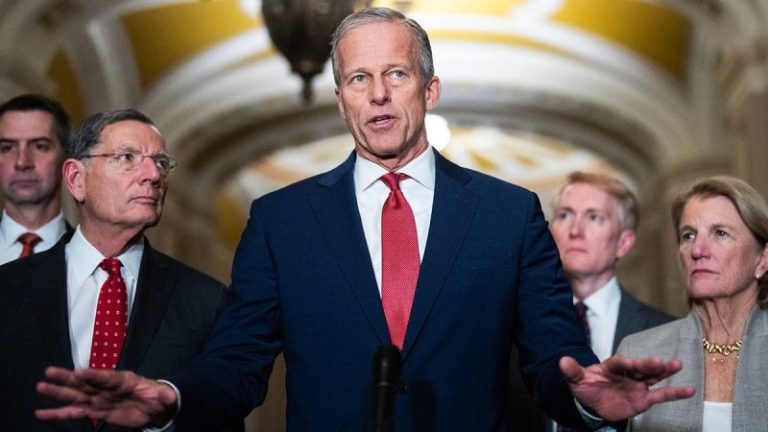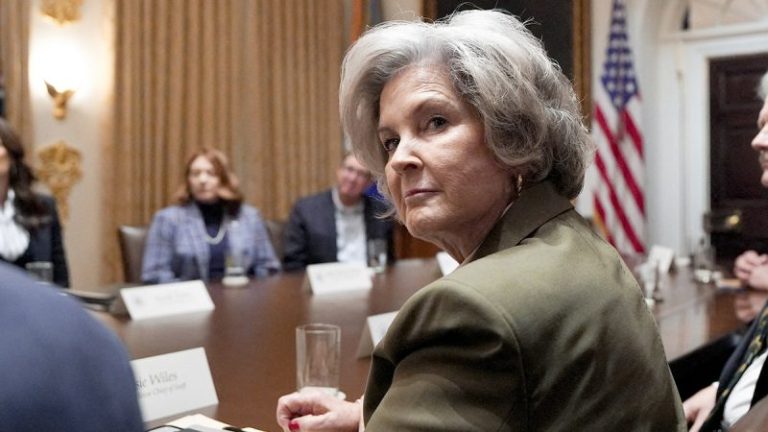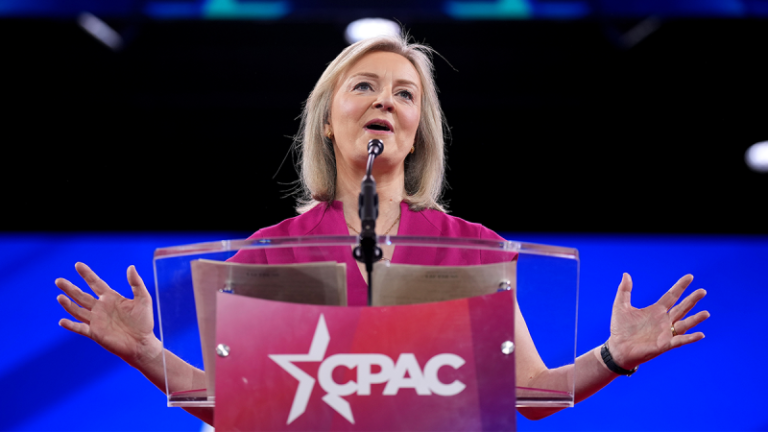CFP selection committee specializes in chicanery.
Committee will pretend a conference championship game never happened, if it needs to, to build bracket it desires.
Committee’s snubs include Texas and the Big 12.
If you skipped all of the College Football Playoff rankings shows except the final one, you probably saw a pecking order that seemed within reason.
If you’d been following along with the weekly rankings along the way, well, you could be forgiven for feeling confused, outraged or hoodwinked.
This selection committee acted deceitfully.
It pulled a bait and switch on Notre Dame, it acted as if Alabama’s win against Auburn was a great “feather in the cap,” and it pretended as if some games never happened.
Did we learn anything? For one, the CFP committee specializes in chicanery.
Here are four more lessons:
1. Conference championship results won’t bump a team from CFP bracket
The committee had a way out of the Notre Dame or Miami dilemma. It could have selected both and dumped Alabama after the Crimson Tide tumbled rump over teakettle in a pitiful loss to Georgia. The committee resisted. It ignored the SEC Championship game result and didn’t budge Alabama an inch after its woeful performance.
In doing so, the committee cemented an unwritten rule: A team that’s in the CFP bracket entering December and loses in the conference championship cannot be bumped by an at-large qualifier. In other words, the conference title game becomes a free swing if you’re in the bracket entering that weekend.
This meshes with the precedent the committee set last season. SMU was in the bracket entering the ACC Championship game, where it lost to Clemson. The Mustangs dropped in the seedings after that result but retained their bid as the last team in.
The committee went a step further this year, not even altering Alabama’s seeding, despite a 21-point loss.
In the four-team playoff era, a loss in a conference championship game could eliminate a team from the bracket. After the bracket grew to 12 teams, the committee has adopted the stance no conference runner-up should be punished to the extent it loses a bid it otherwise would have received, if conference title games did not exist.
Unlike Alabama, Brigham Young dropped in the rankings after its loss in the Big 12 title game, but the Cougars weren’t in the bracket entering the weekend. They needed to win to nab a bid.
Alabama was safe, no matter what happened in Atlanta.
The committee’s machinations amount to a bending over backward to preserve conference title games.
Lesson 1: If the committee wants a conference runner-up in the bracket, it’s willing to pretend a conference championship game never happened.
2. Initial rankings are an untrustworthy carnival, all for ESPN
The committee consistently valued Notre Dame more than Miami when the rankings were just ESPN programming. In the initial rankings on Nov. 4, the committee put the Irish at No. 10 and the Hurricanes at No. 18.
The first several batches of rankings are nothing more than a TV show. The committee can and will reverse course on Selection Sunday.
Since the initial rankings, the Irish and Hurricanes each blew out four opponents that ranged in quality from bad to mediocre. Notre Dame dropped in the rankings, while Miami moved up eight spots.
What gives?
When the rankings stopped being a carnival for ESPN’s benefit and became an exercise to choose the playoff qualifiers, the committee picked Miami and booted Notre Dame, based on the Hurricanes’ head-to-head victory.
The committee reached a justifiable destination, but it charted a cruel and unnecessary course to reach the point of Miami being ahead of Notre Dame. The Hurricanes always should have been ahead of the Irish — or, at least, never eight spots behind them.
“We’re just really frustrated that we had the rug pulled out from underneath us,” Notre Dame athletic director Pete Bevacqua said on the “Dan Patrick Show.”
Totally understand the frustration, even if I disagree with the Irish’s response to opt out of a bowl game.
Lesson 2: The first several rankings amount to a dog and pony show performed purely for ESPN’s benefit. The penultimate rankings offer some substance. Any rankings before that are meaningless.
3. Record still matters — a lot
Indiana, the lone undefeated team, earned the No. 1 seed. Nobody would argue with that.
Then come six one-loss teams.
Next come two-loss Oklahoma and Miami, with three-loss Alabama in between. The committee treated Alabama as a two-loss team, because it decided conference title game losses don’t count for teams already in the bracket.
Strength of schedule can offer a boost among teams with equal records (although it didn’t help Texas A&M), but the committee is not swayed by metrics as much as it is by record.
Just like last season, the committee had a chance to select a 9-3 SEC team, Texas, with a lofty strength of schedule, but it didn’t. Texas had a better resume than any of the SEC’s three-loss teams from 2024, but the Longhorns weren’t even among the first two teams left out of the bracket.
Texas and Georgia are the only teams with three wins against teams in the top 15. One of Texas’ losses came against Ohio State, now 12-1.
The Longhorns have a pristine strength of schedule, but they lost to a bad Florida team, and Georgia thumped them. Despite those Florida and Georgia losses, if Texas had swapped Boston College into Ohio State’s spot on its schedule, I think it would be safely in the field at 10-2.
Texas owns a head-to-head win against playoff qualifier Oklahoma. The committee can justify selecting the Sooners (10-2) based on record. It couldn’t justify that choice if the Longhorns were 10-2.
Lesson 3: Pains me to say it, but schedule nonconference cupcakes. The juice of a marquee nonconference win is not worth the risk of a loss. Texas A&M beat Notre Dame, but it’s positioned at the bottom of one-loss teams. Texas lost a close game to Ohio State, amassed fancy metrics, and finished a few spots short of a bid. Yummy cupcakes build playoff records.
4. Playoff committee still doesn’t love BYU or the Big 12
BYU owns a top-25 strength of schedule, per ESPN metrics. Its only two losses came against Texas Tech, seeded fourth in the bracket.
It amassed the most wins, 11, among Power Four teams left out of the field. For the second straight season, the committee stiff-armed BYU and stuck the Big 12 with just a single bid.
It’s hard to argue that outcome, if basing an evaluation of BYU on its showings against the Red Raiders. The Cougars were blown out twice, but Texas Tech profiles as a national championship contender.
BYU has more wins and a stronger SOS than either Miami or Notre Dame, but it’s ranked behind them. Clearly, the Cougars’ only path to playoff qualification required beating Texas Tech at least once. They didn’t, and the committee was not swayed by BYU’s win total, making it an outlier to Lesson No. 3.
Lesson 4: The Big 12 needs the bracket to expand to 16 teams, as much or more as any conference needs playoff expansion.
Blake Toppmeyer is the USA TODAY Network’s senior national college football columnist. Email him at BToppmeyer@gannett.com and follow him on X @btoppmeyer.
This post appeared first on USA TODAY










